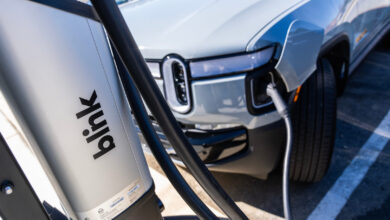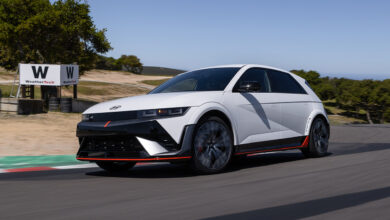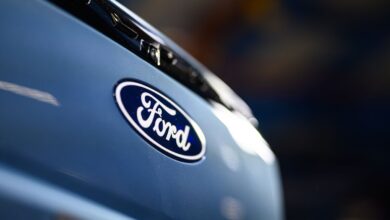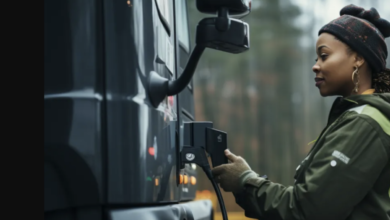Honda to use F1-inspired tech to in its upcoming electric cars. Check details

Honda has promised seven new EVs by 2030. Each of these models would be developed from the ground up with a focus on a lighter weight and a more effic
…
- Honda has promised seven new EVs by 2030. Each of these models would be developed from the ground up with a focus on a lighter weight and a more efficient drive.
Honda is lagging behind in the electric vehicle (EV) race but the Japanese car brand is doggedly determined to close the gap. The company recently announced it will double its investments in EVs to $65 billion and confirmed it will drive out as many as seven models in markets across the globe by 2030. But it is not just about quantity but quality as well and Honda says it will rely on F1 technology to help its upcoming EVs stand out.
The main emphasis for Honda for its next crop of EVs is on making them lighter and for this, Honda is banking on its F1 expertise. The goal is to make the models lighter by around 90 kilos in comparison to the existing Honda EVs. The company is looking at achieving this by allowing for lighter body frames and thinner electric motors. The batteries as well as the motors will be placed lower and towards the center of the vehicles in order to a achieve a lower center of gravity and thereby improving handling.
A lighter EV will also help with efficiency and it is reported that Honda is working on achieving a minimum of range of 480 kms on its upcoming models.
The seven models planned up until 2030 will be developed from ground up and will be part of 0 Series lineup. The body shape and size will vary between each of these seven models. It is reported that the lineup will include an electric sedan, followed by an electric entry-level SUV, an electric three-row SUV and then an electric compact SUV. There are also plans of an all-electric compact sedan and a small SUV powered by battery.
It is speculated that the first of Honda’s new-generation EVs will not come before 2026 and that the US market will be one of the first to see these models. The company expects that battery-powered EVs and fuel-cell EVs will make up more than 40 per cent of its global sales by 2030. In prime focus would be lucrative markets like China and the US but the company is more than likely to also focus on European and other emerging markets.
First Published Date: 17 May 2024, 10:08 AM IST



